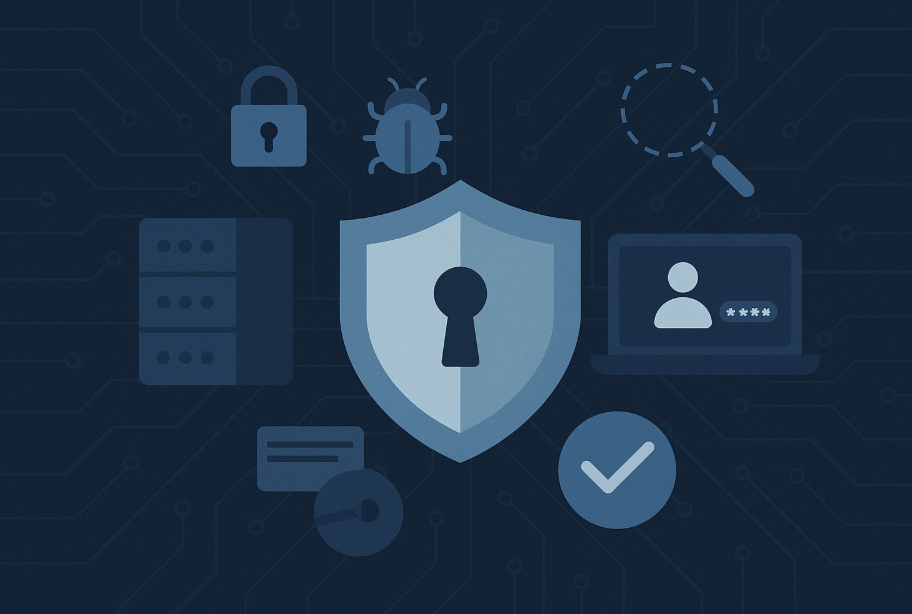Think Like a Hacker; Plan Like a Lawyer
Insights
Think Like a Hacker; Plan Like a Lawyer
August 12, 2025
By Daniel B. Garrie and Moshe Jacobius
Cybersecurity is a critical concern for all businesses, including small law firms and solo practitioners. While larger firms often have the resources to implement robust cybersecurity measures, smaller firms must navigate these waters with more limited means.
However, being a small firm does not mean being immune from data breaches. According to the
American Bar Association’s 2022 Legal Technology Survey Report, 27% of law firms reported havingexperienced a security breach. This article outlines best practices for incident response planning tailored specifically for legal professionals in small firms, emphasizing practical steps and cost-effective measures. Small law firms are an attractive target for cybersecurity breaches and data theft because much of their information is concentrated and attackers do not need to sift through voluminous information.
Incident response planning is a proactive approach to managing and mitigating the effects of cybersecurity incidents, such as data breaches, ransomware attacks and other cyber threats.
For small law firms, the stakes are high: a single cyber incident can lead to significant financial loss, reputational damage and legal liabilities. Therefore, practitioners’ approach to cybersecurity and incident response should be robust as it is essential for safeguarding your practice and clients’ trust.
Best practices for incident response planning
Conduct a risk assessment
Begin by identifying potential cyber threats and vulnerabilities specific to your practice.
Consider the types of data you handle, such as client information, case files and financial records. Evaluate the likelihood of various threats, including phishing attacks, malware and unauthorized access. You should also be aware of state or federal privacy law requirements that may be applicable to a data security breach as well as reporting requirements. You must also consider the interplay of professional responsibility requirements when a security breach occurs to a law firm.
For example, if your risk assessment identifies that a significant portion of your employees frequently work remotely and access sensitive data from personal devices, you may determine that the risk of a data breach due to a lost or stolen device is high. In this case, implementing strong encryption and remote data wipe capabilities for mobile devices should be a top priority.
A thorough risk assessment helps prioritize resources and focus on the most critical areas. It should be conducted regularly, at least annually or whenever significant changes occur in your firm’s operations or technology environment. Consider hiring a company that employs “white hat hackers” to identify security weaknesses or untrustworthy employees…



